【Tomioka City, Gunma Prefecture】Why a world heritage site? Tomioka Silk Mill- Recommended field trip for adults to stimulate intellectual curiosity -

Tomioka Silk Mill is something that every Japanese person knows about, even learning about it in junior high school history classes. The fact that it was registered as a World Cultural Heritage Site in 2014 is still fresh in our minds, but many people may not know the details. This time, we actually visited the site and spoke to Mrs. Hasegawa and Mr. Moteki, who are in charge of planning and utilization of the Tomioka Silk Mill, about the story of its founding and the highlights during the tour,...
What kind of place is Tomioka Silk Mill?
Tomioka Silk Mill was built in 1872 (Meiji 5) and is Japan's first full-scale model mechanical silk mill. At that time, more than 300 factory girls from all over the country were gathered to work there. The factory girls who learned silk reeling techniques at the time of the company's founding eventually became instructors and passed on the techniques to factories across Japan. The Silk Reeling Mill, West Cocoon Warehouse, and East Cocoon Warehouse were built using a combination of Japanese and European architectural styles, and even now, more than 150 years after their construction, they still look almost the same as they did back then, and have been designated as national treasures.

Keystone engraved with "The 5th year of Meiji"

Silk Reeling Plant (national treasure)
How was Tomioka Silk Mill created?
→ The government planned to build a country that can compete with Europe and America.
The new Meiji government, which wanted to make Japan a prosperous country that could compete on an equal footing with Western countries, created modern industry and attempted to earn foreign currency through exports. Tomioka Silk Mill is a representative example of this, and is a state-run factory built by purchasing machinery from foreign countries and inviting foreign engineers.
Why was it designated as a world heritage site?
→Because it revolutionized the silk industry
With the birth of the Tomioka Silk Mill, we succeeded in mass producing raw silk, which had been limited in production for a long time. The high-quality raw silk and sericulture techniques eventually spread overseas, leading to the development of the silk industry on a global scale. In 2014, the Tomioka Silk Mill was registered as a World Cultural Heritage Site as Tomioka Silk Mill and related sites, in recognition of its achievements in spreading silk, which was once the preserve of a privileged few, to people all over the world and enriching their life and culture.

West Cocoon Warehouse (national treasure)

"Automatic reeling machine" explanation panel
Unexpected sights that will make you feel at home
The Tomioka Silk Mill was like a small town, with company housing, a clinic, a restaurant, and a bathhouse on the premises. One of the surprising attractions is the company housing complex , where you can get a first-hand feel of how the working people lived at the time. "Company House 76" displays retro furniture and replica albums of the Furuya family who actually lived in the company housing. There is also an exhibit on the ecology of silkworms , which is also recommended.

"Company housing 76"
Is the nostalgia we feel somehow a memory engraved in our DNA?
Current status of Tomioka Silk Mill
The West Cocoon Warehouse (national treasure) , which was originally used to store large quantities of cocoons, has been renovated into a multipurpose hall that can host concerts and lectures, and has evolved into a space that creates new experiences for people. . Being able to hold an event at a national treasure is extremely rare and valuable. (By the way, the rental fee is 55,000 yen for half a day. Surprisingly reasonable...?) Weddings have apparently been held there in the past. For more information, please see the homepage below.

Summary
This time, when we actually visited a place that we only knew about from textbooks, we were able to realize something new. This means that the convenient lifestyles we have today are based on the lifestyles of people back then. And we are also part of the flow of history. we felt a sense of awe and gratitude for our predecessors, something that seems obvious but is hard to feel in everyday life.
Not only were we able to realize the historical value of Tomioka Silk Mill, but we were also able to think about the roots of our own lifes... This is truly an “adult social field trip”!
Gunma Prefecture, where Tomioka Silk Mill is located, is also home to many other hot spring resorts that represent Japan such as Kusatsu and Ikaho, as well as spots full of nature such as Mt. Myogi, Mt. Asama, Mt. Akagi, Lake Haruna, and Oze. It's sure to be soothing! Everyone, please come and check it out.
"Tomioka Silk Mill" basic information
Address : 1-1 Tomioka, Tomioka City, Gunma Prefecture 370-2316
Opening hours : 9:00~17:00 (last entry 16:30)
Closed : December 29-31 at the end of the year
Tour fee : 1,000 yen for adults, 250 yen for high school and university students (student ID required), 150 yen for elementary and junior high school students
The Tomioka City Tourism Association utilizes the tourism resources of Tomioka City, including the Tomioka Silk Mill and Mt. Myogi, in order to increase the number of visitors while contributing to the development of the local economy.
The contents on this page may partially contain automatic translation.


![[Tomioka City, Gunma Prefecture] Complete guide to the World Heritage Tomioka Silk Mill” - Access, highlights, etc.](https://resources.matcha-jp.com/resize/200x2000/2023/11/29-154334.webp)














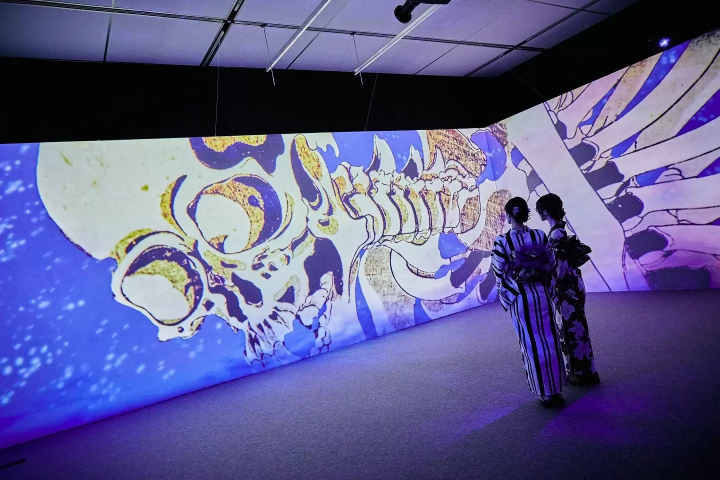
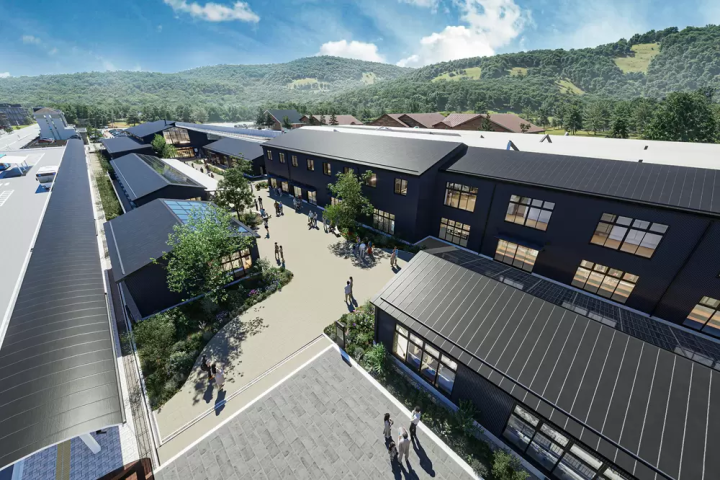
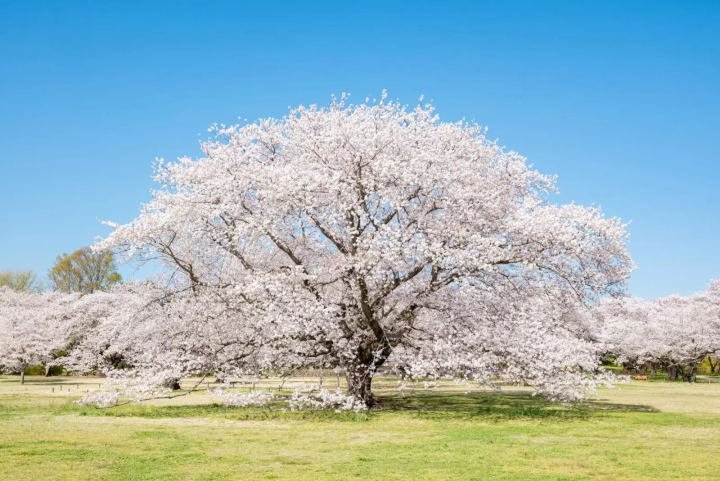
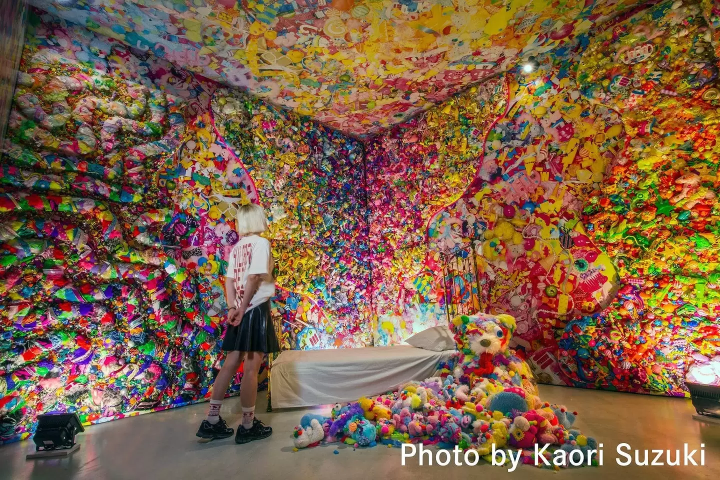
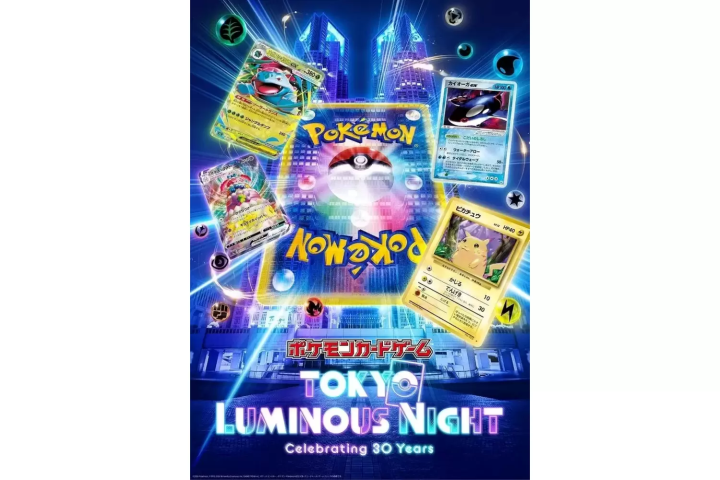





![[Shizuoka/ Izu] March 8th (Sun) Sutra Calligraphy Session at Shuzenji Temple (Reservation Required)](https://resources.matcha-jp.com/resize/720x2000/2025/05/31-235020.webp)
![[First come, first served] Tour the hotel and get luxurious rewards! Stamp rally exclusive to visitors to Japan!](https://resources.matcha-jp.com/resize/720x2000/2026/02/18-259040.webp)
![[Latest] Complete Guide to atmos Exclusive Sneakers and Special Edition Models | Apparel and Upcoming Releases](https://resources.matcha-jp.com/resize/720x2000/2026/03/04-260379.webp)
![[Fukui Prefecture] Discover a side of Japan you never knew existed.](https://resources.matcha-jp.com/resize/720x2000/2026/03/04-260375.webp)
